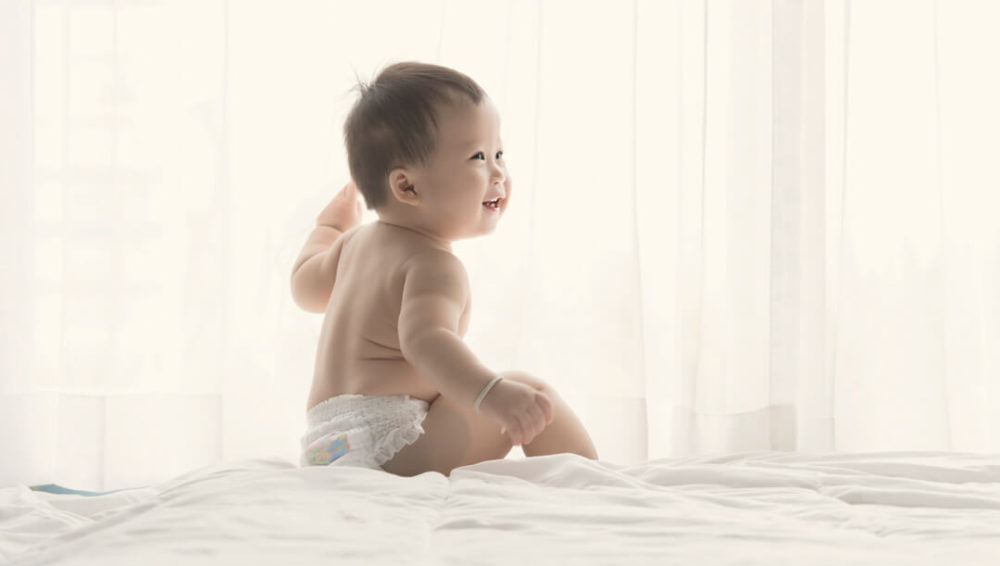What to know about hygiene at home to protect your baby from infections
Looking Forward

Babies can easily pick up infections within the first 28 days after birth since they’re most vulnerable during that time.
Why good hygiene is so important
Globally, an estimated 35% of newborn mortality can be attributed to infection. The following hygiene and clean care practices at home can make sure that Your Child doesn’t get unnecessarily sick by germs or viruses:
Wash your hands: Be sure that those who want to touch Your Child during the first weeks wash their hands with a good antibacterial soap before they pick up the little one. Touching Your Child without using a hand sanitizer, could predispose the baby to harmful germs and infections like colds, diarrhea, flu, etc. Furthermore, it’s very important to wash your hands before preparing your baby’s food or feeding Your Child. Don’t ever forget to wash your hands immediately after changing nappies or using the restroom.
Change Your Child’s diapers frequently: Changing the diapers at regular intervals is a very important aspect of baby hygiene. After removing the diaper, clean the bottom with soft baby wipes before placing another. Keeping Your Child clean and dry helps to prevent a diaper rash.
Sanitize all feeding equipment: Sterilizing the feeding kit (including breast pump attachments) protects Your Child from microbes that could be ingested during feeding. To prevent contamination, it’s mandatory to wash your hands before handling the feeding tools. Again, if your baby uses a milk bottle, wash and sterilize it after each use to remove unwanted germs.
Sanitize your home: Keep your home clean to reduce Your Child’s exposure to harmful germs and microbes. Always clean the floors with a disinfectant solution. Be sure to sanitize the areas your baby uses. If you prepare Your Child’s food in your kitchen, make sure the utensils are properly cleaned with warm water and detergent. Always clean the kitchen and bathroom with good disinfectant.
Don’t expose Your Child to groups of people in the first six weeks: If your baby comes in contact with a lot of people, the higher the chances of coming in contact with someone who is sick, especially during flu season. To prevent the spread of everyday infections, such as common colds, flu, and digestive disorders, adopt healthy hand-washing routines. It’s important to keep yourself healthy when you’re nursing a newborn.
All this may seem like hard work, but giving Your Child a great start for a healthy life can help prevent health issues later in life.
Verified:
Dr. Wanwadee Sapmee Panyakat (OB-GYN), license no. 41208



